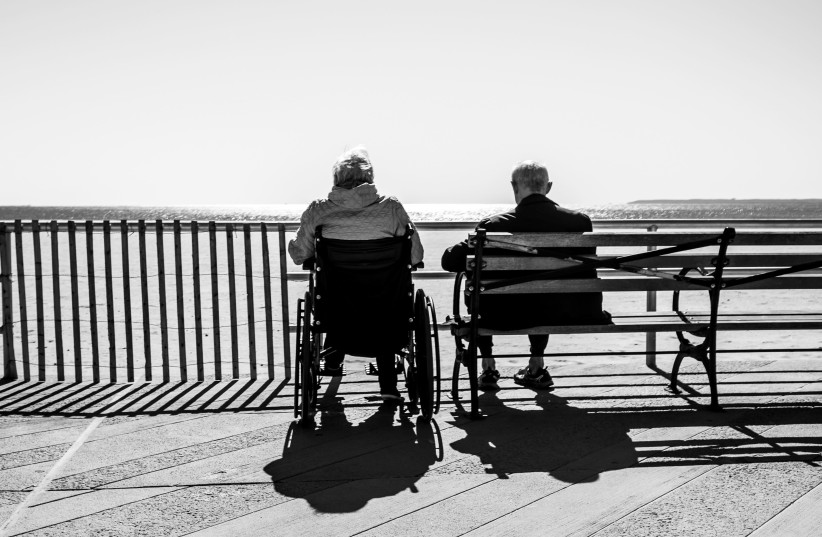Of course, as we age our walking pace slows down. A slow gate is a warning sign of increasing fragility which can lead to falls and other problems common to the elderly.
Now, a new study conducted in small groups of older subjects has found that walking slower from year to year may be an early sign of cognitive decline.
<br>How was the study conducted?
The new study published in JAMA Network Open, which included nearly 17,000 adults over age 65, found that people whose walking pace slowed by 5% or more each year, while showing signs of decreased cognitive activity, were likely to develop dementia.
The new study followed a group of Americans over age 65 and Australians over age 70 for seven years.
Every year, subjects were asked to take cognitive tests that measured overall cognitive decline, memory, speed of processing information and verbal flow. Twice each year, they also walked three meters.

An average of the two results was then taken to determine a person's typical gait.
Doctors often measure walking speed to gauge overall health, especially as people age, as it’s a good indicator of muscle strength, lung function, balance, spinal stability, etc.
<br>The results
At the end of the study, researchers found that the highest risk of dementia was among people who not only walked slower but also showed some signs of cognitive decline, said Dr. Joe Verghese, a geriatric and neurology specialist at the Albert Einstein College of Medicine in the Bronx, New York, who wasn’t involved in this study.
"These people had a higher risk of dementia compared to those with only slow walking or cognitive decline," he wrote in an accompanying study.
However, despite these findings, "gait dysfunction was not considered an early clinical feature in patients with Alzheimer's disease," he wrote.
